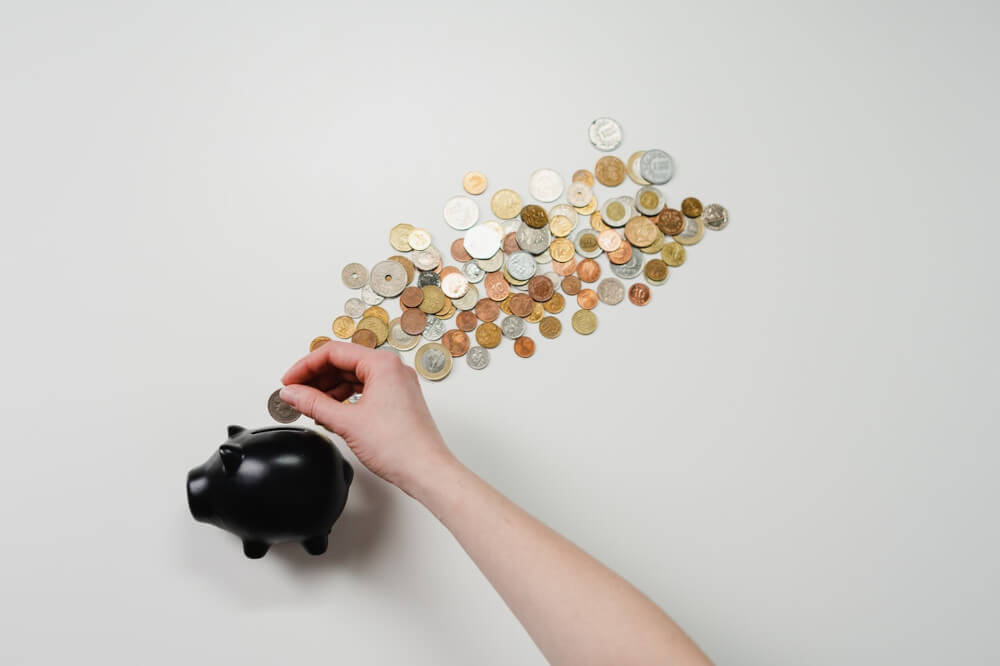
Make a budget and stick to it
Have a good budget so you know where your money goes. Many online banks have a tool that categorizes your spending to help you keep track.
Are you paying for something you don’t need? Or can you save money on subscriptions, for example?
- Use your budget actively and regularly, especially if you’ve moved, changed jobs, or divorced.
- Setting a Budget
- Buy food in advance.
- Food waste is costly. Plan your food purchases to avoid buying more than you need and wasting food.
- If you regularly buy food on impulse, you may be more susceptible to expensive options like fast food and takeaway.
- Spending a few thousand kroner on to-go coffee, gum, chocolate, and other items can easily add up.
Save money on groceries – Buy only what you need
Compare insurance rates
Unchangeable prices and terms are part of an insurance contract.
Make sure you aren’t paying for coverage you no longer need. For example, if your car is old and no longer worth much, you may have to drop your hull insurance.
Choose the cheapest bank
- Loans, deposits, pensions, and insurance are all paid for by fees and interest.
- Interest and fees vary between banks, so shopping around for a better deal can save you a lot of money.
- You can also bargain with your current bank.
Verify your mobile plan
Most budgets include mobile subscriptions. Check for a cheaper subscription – with the same or another telecommunications company.
Consider whether you’re paying for more data or talk time than you need, or for movies, music, or books you don’t use.
TV packages and music streaming services add up quickly, especially if you have a lot. And you can pay for services multiple times, like mobile and broadband.
Check if you’re paying for unnecessary items.
Price portals
Airlines, refrigerators, smartphones, mobile subscriptions, and other products can all benefit from price comparison websites.
Use the portals with caution. Ads can be strategically placed to avoid detection, and prices can vary between price portals.
Examine the Electricity Bill
The freezer and refrigerator run all year and use a lot of power. The same goes for TVs, ovens, washing machines, and other household items.
When buying white goods, look for products with good energy labels to save money.
Energy labeling: Save money, save the planet
Invest in second
Buying used clothes, furniture, books, electronics, bicycles, and cars can save you money.
Many used items are online. When buying used, be aware that you may not be able to return it.
Buy private used: Beware of scammers
Resist offers
Discounts and offers can be tempting. But don’t be seduced by cheap items you don’t need.
Stores can also decide to raise prices before a holiday, like Black Friday, to make a discount appear larger.
Pricerunner can tell you how much the item has cost in the last half or year, so you know if you’re getting a good deal.
Take the Consumer Council’s Think test before you buy
Which electric bike, robotic lawnmower, and screwdriver to buy? And how do you avoid buying a dud smartphone, TV, or fridge?
An annual product test by Think Consumer Council. Our tests help you find the best.
“Good Buy” items are purchases of reasonable quality at a reasonable price.
